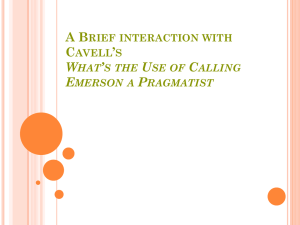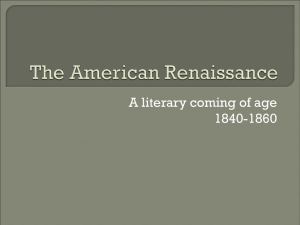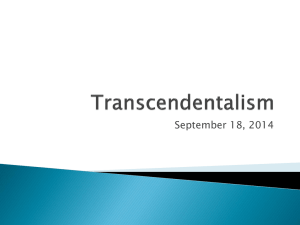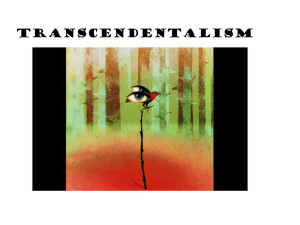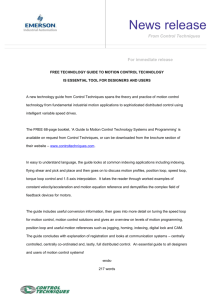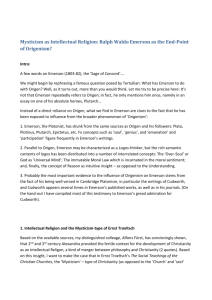According to the University of Northern Iowa, Humanities
advertisement
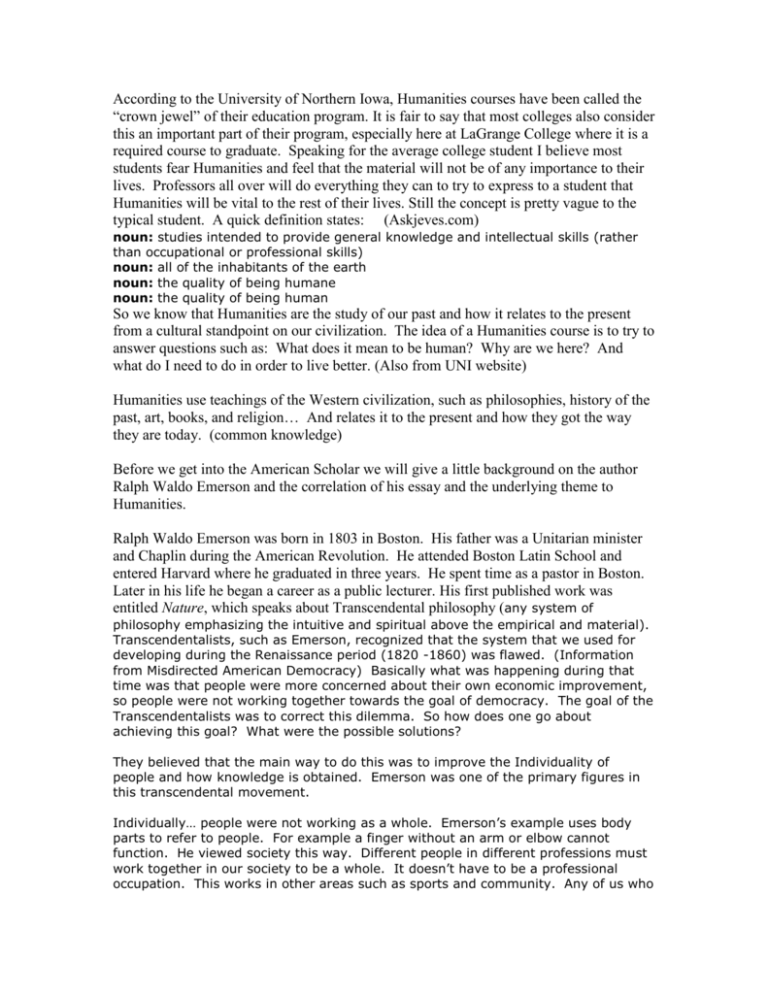
According to the University of Northern Iowa, Humanities courses have been called the “crown jewel” of their education program. It is fair to say that most colleges also consider this an important part of their program, especially here at LaGrange College where it is a required course to graduate. Speaking for the average college student I believe most students fear Humanities and feel that the material will not be of any importance to their lives. Professors all over will do everything they can to try to express to a student that Humanities will be vital to the rest of their lives. Still the concept is pretty vague to the typical student. A quick definition states: (Askjeves.com) noun: studies intended to provide general knowledge and intellectual skills (rather than occupational or professional skills) noun: all of the inhabitants of the earth noun: the quality of being humane noun: the quality of being human So we know that Humanities are the study of our past and how it relates to the present from a cultural standpoint on our civilization. The idea of a Humanities course is to try to answer questions such as: What does it mean to be human? Why are we here? And what do I need to do in order to live better. (Also from UNI website) Humanities use teachings of the Western civilization, such as philosophies, history of the past, art, books, and religion… And relates it to the present and how they got the way they are today. (common knowledge) Before we get into the American Scholar we will give a little background on the author Ralph Waldo Emerson and the correlation of his essay and the underlying theme to Humanities. Ralph Waldo Emerson was born in 1803 in Boston. His father was a Unitarian minister and Chaplin during the American Revolution. He attended Boston Latin School and entered Harvard where he graduated in three years. He spent time as a pastor in Boston. Later in his life he began a career as a public lecturer. His first published work was entitled Nature, which speaks about Transcendental philosophy (any system of philosophy emphasizing the intuitive and spiritual above the empirical and material). Transcendentalists, such as Emerson, recognized that the system that we used for developing during the Renaissance period (1820 -1860) was flawed. (Information from Misdirected American Democracy) Basically what was happening during that time was that people were more concerned about their own economic improvement, so people were not working together towards the goal of democracy. The goal of the Transcendentalists was to correct this dilemma. So how does one go about achieving this goal? What were the possible solutions? They believed that the main way to do this was to improve the Individuality of people and how knowledge is obtained. Emerson was one of the primary figures in this transcendental movement. Individually… people were not working as a whole. Emerson’s example uses body parts to refer to people. For example a finger without an arm or elbow cannot function. He viewed society this way. Different people in different professions must work together in our society to be a whole. It doesn’t have to be a professional occupation. This works in other areas such as sports and community. Any of us who have ever played a sport have probably heard a lot about working together as a team. On a football field, a team of 11 must be in synch with each other to have any chance of succeeding at all. They must know the snap count and each their individual assignments to execute a play well. Usually if one or two people fail to do their job, the entire team could suffer. And again the same thing happens in our society. Emerson’s work, American Scholar, focuses on three specific categories: Nature, Books, and Action. He believed that in order to understand nature we must be fully grasping everything that runs and ties together. At this point we could simplify our own minds. He talks a lot about books. Basically we should understand that no author or writer could ever write a perfect book. And almost always anyone who writes about anything, will have a certain amount of bias. Even if we don’t realize it, it’s usually there. Emerson talks a lot about how books are dangerous when used incorrectly. We should conclude using the information we gain from books, but instead use them to inspire us to learn more and to research on our own. Obviously books are very important for our history and record keeping and many other things, so people should follow this and learn not to just believe everything they read. This is where we need to be critical thinkers… Already this semester I I have learned how important this is for each of us individually. Our opening chapters in business cover how to be critical thinkers. Until this semester began, I didn’t realize what a big flaw it was for me to have the habit of just absorbing the material, and not asking the right questions. My business teacher gave our class an article to read for our first assignment. I read the article and assumed that I was well prepared for class. I was very wrong. Not only did I not understand some of the terms in the article (and did not take the time to research and learn them myself) but I immediately became biased about the topic. It was the first thing I had ever read about this topic and automatically I chose to agree with everything the writer said. Fortunately, our teacher cut us some slack, and provided us with the information we should have been finding on our own. Quickly I learned the other side of the story and began to practice critical thinking. Critical thinking is exactly what Emerson had in mind when he talks about books in the American Scholar. We have to remember, like he says, that these writers were once in our shoes, students just like us. We need to be careful how we use their facts. You maybe wonder why we gave you a little background about Emerson. While sure it helps us prolong this presentation, this goes right along with critical thinking. Many times it helps to research the author and know his or her background when reading a particular passage or book. You will already know where the author is coming from and why he states the ideas or believes the way he does. As I become a better critical thinker… I will no longer believe the first thing I’m told or learn. I will always look at both sides of the story as best as I can. One more thing Emerson talks about is action. Everyone should experience many different aspect of life. Also to me action means practice. We can’t just wake up one morning and be good critical thinkers. We have to practice it. Learn to ask the right questions, and learn to be unbiased by using these important skills over and over. Realize how nature and books and everything ties together but then experience them yourself. Be your own individual. Hopefully by now you all see why humanities are important and why we should study them in the scholarly way. Humanities are important, because we learn the Western culture in the past…but that’s not enough. We must truly understand them and study them as critical thinkers, as scholars, and then we will be better individuals and have a better all around society.




